The advent of new biotechnologies, such as high-throughput DNA sequencing, single-cell sequencing, gene therapies, spatial transcriptomics, CRISPR, AI, and Brain-Computer Interfaces, are enabling the generation of vast amounts of high-quality biological datasets. These technologies are revolutionizing the fields of medicine, drug discovery, epidemiology, metagenomics, evolutionary biology, and neuroscience, among others. However, they also pose new challenges in data storage, analysis, and scalability for current computer systems. Moreover, due to the sensitive nature of several biomedical datasets, coupled with the rapid advances in generative AI and quantum computing technologies, the development of new computing systems that ensure data privacy and security in biomedicine is of paramount importance.
This workshop aims to provide a platform for discussing the latest research and developments in all aspects of computer systems (such as data storage, hardware accelerators, cloud computing, privacy, security, and AI/ML integration.) for applications in biomedicine. It also aims to explore new opportunities and challenges at the intersection of the two fields and to facilitate networking and collaboration among participants from diverse backgrounds. The workshop will feature distinguished keynote speakers, paper presentations, expert panel discussions, and interactive sessions, and will provide networking opportunities.
For submissions, we invite authors to submit their latest work that belongs to the intersection of the following computer systems and biomedical applications:
| 7:30 - 8:30 | Breakfast |
| 8:30 - 8:40 | Opening Remarks |
| 8:40 - 9:30 | Duygu Kuzum
"Innovating Beyond Electrophysiology: Multimodal Neural Interfaces and Computational Co-Design" [Video] |
| Session 1: Web and Software Applications | |
| 9:30 - 9:42 | Daniel Ji, Robert Aboukhalil and Niema Moshiri "ViralWasm: a client-side user-friendly web application suite for viral genomics" [Slides] [Video] |
| 9:42 - 9:54 | Hari Venugopalan, Shreyas Madhav Ambattur Vijayanand and Samuel T King "Adaptability, Extensibility and Simplicity of the MetabolicOS" [Slides] [Video] |
| 9:54 - 10:06 | Ali Osman Berk Sapci and Siavash Mirarab "Memory-bound and taxonomy-aware k-mer selection for ultra-large reference libraries" [Slides] [Video] |
| 10:06 - 10:30 | Coffee break |
| 10:30 - 11:20 | Abhishek Bhattacharjee
"Computer Architectures for Neural Interfaces" [Video] |
| Session 2: Machine Learning | |
| 11:20 - 11:32 | Zuher Jahshan and Leonid Yavits "ViTAL: Vision TrAnsformer based Low coverage SARS-CoV-2 lineage assignment" [Video] |
| 11:32 - 11:44 | Sree Bhargavi Balija "Interpretable federated learning through neural additive models" [Slides] [Video] |
| 11:44 - 11:56 | Ekta Dadlani, Tirtharaj Dash and Debashis Sahoo "An AI-assisted Investigation of Tumor-Associated Macrophages and their Polarization in Colorectal Cancer" [Slides] [Video] |
| 11:56 - 12:08 | Ingoo Lee, Zach Wallace, Sungjoon Park, Hojung Nam, Amit R. Majithia, Trey Ideker "G2PT: Mechanistic genotype-phenotype translation using hierarchical transformers" [Slides] [Video] |
| 12:08 - 13:30 | Networking Lunch |
| 13:30 - 14:20 | Satish Narayanasamy "Custom Computing for Genome Sequencing" [Video] |
| Session 3: Workload Characterization and Accelerators | |
| 14:20 - 14:32 | Juechu Dong, Xueshen Liu, Harisankar Sadasivan, Sriranjani Sitaraman and Satish Narayanasamy
"mm2-gb: GPU Accelerated Minimap2 for Long Read DNA Mapping" [Slides] [Video] |
| 14:32 - 14:44 | Tianqi Zhang, Neha Prakriya, Sumukh Pinge, Jason Cong and Tajana Rosing "SpectraFlux: Harnessing the Flow of Multi-FPGA in Mass Spectrometry Clustering" |
| 14:44 - 14:56 | Sumit Walia, Cheng Ye, Arkid Bera, Dhruvi Lodhavia and Yatish Turakhia "TALCO: Tiling Genome Sequence Alignment using Convergence of Traceback Pointers" [Slides] [Video] |
| 14:56 - 15:08 | Jessica Imlau Dagostini, Scott Beamer, Tyler Sorensen, Joseph B Manzano and Andres Marquez "Developing a Proxy Application Based on a Parallel Pangenome Mapping Tool" [Slides] [Video] |
| 15:08 - 15:30 | Coffee break |
| Session 4: Biosensing and Neural Interfaces | |
| 15:30 - 15:42 | Muhammed Ugur, Raghavendra Pradyumna Pothukuchi and Abhishek Bhattacharjee
"Leveraging NVMs for Neural Interface Coverage" [Slides] [Video] |
| 15:42 - 15:54 | Mehrdad Ramezani, Xin Liu, Chi Ren, Takaki Komiyama and Duygu Kuzum
"Processing multimodal neural data and decoding neural dynamics using cross-modality inference" [Slides] [Video] |
| 15:54 - 16:06 | Akshay Paul, Min Lee, Yuchen Xu, Stephen Deiss and Gert Cauwenberghs
"A Versatile In-Ear Biosensing System for Continuous Brain and Health Monitoring" [Slides] [Video] |
| 16:06 - 16:15 | Closing Remarks |
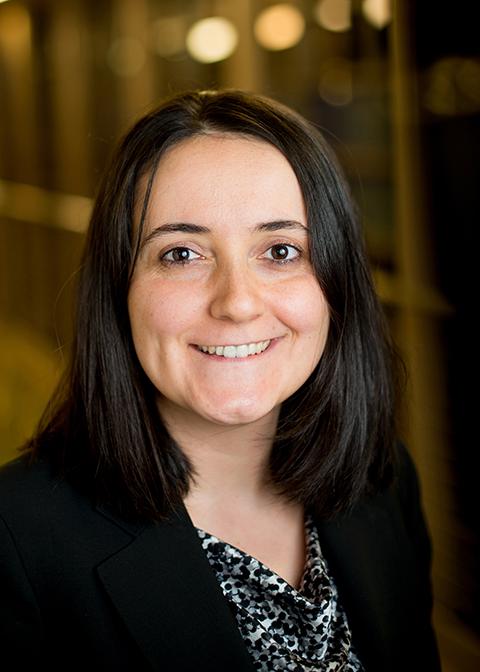
Talk Title: Innovating Beyond Electrophysiology: Multimodal Neural Interfaces and Computational Co-Design
Short Bio: Duygu Kuzum received her Ph.D in Electrical Engineering from Stanford University in 2010. She is currently an Associate Professor in Electrical and Computer Engineering Department at University of California, San Diego. Her group applies innovations in nanoelectronics to develop new technologies, which will help to better understand circuit-level computation in the brain. Her research also focuses on development of nanoelectronic synaptic devices for energy-efficient neuro-inspired computing. She is the author or coauthor of over 50 journal and conference papers. She was a recipient of a number of awards, including Texas Instruments Fellowship and Intel Foundation Fellowship, Penn Neuroscience Pilot Innovative Research Award (2014), Innovators under 35 (TR35) by MIT Technology Review (2014), ONR Young Investigator Award (2016), IEEE Nanotechnology Council Young Investigator Award (2017), NSF Career Award (2018), NIH NIBIB Trailblazer Award (2018), NIH New Innovator Award (2020), and Joan and Irwin Jacobs-Kavli Foundation Chancellor's Endowed Faculty Fellowship for Engineering the Brain and the Mind (2023).
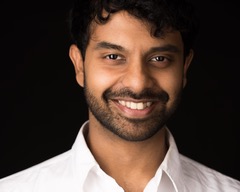
Talk Title: Computer Architectures for Neural Interfaces
Short Bio: Abhishek Bhattacharjee is a Professor of Computer Science at Yale University, and is also affiliated with Yale's Wu Tsai Institute for the Brain Sciences as well as Yale's Center for Brain & Mind Health. He is interested in the hardware/software interface. Abhishek's research on address translation has shipped in billions CPU cores, GPUs, and Linux kernel downloads, and has also helped influence the RISC-V support for virtual memory. For these contributions, Abhishek was the recipient of the 2023 ACM SIGARCH Maurice Wilkes Award. He also works on building low-power chips for neural interfaces. Abhishek teaches courses on computer architecture, operating systems, and compilers. In recognition of his teaching and mentoring, Abhishek was the recipient of the 2022 Yale Engineering Ackerman Award.
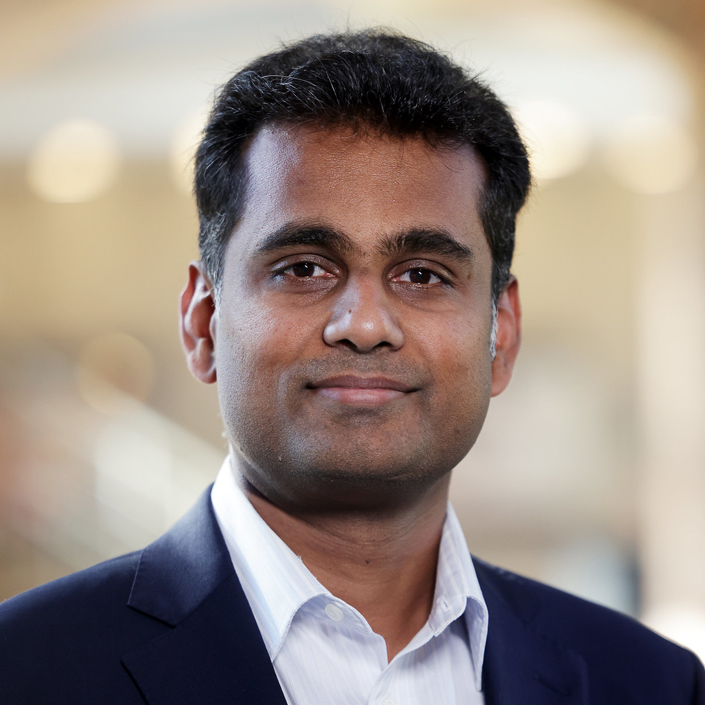
Talk Title: Custom Computing for Genome Sequencing
Short Bio: Satish Narayanasamy received his PhD from the University of California, San Diego, advised by Brad Calder. He had spent several brief stints at Intel and Microsoft Research. He co-founded a precision health start-up Sequal Inc. He has received NSF CAREER, best paper awards at ASPLOS and ISPASS, and four IEEE MICRO Top Picks awards. He is in ISCA, ASPLOS, and PLDI Hall of Fame. He was named as the Morris Wellman Faculty Development Professor. He has served in over 50 program committees of leading conferences in computer architecture and programming language. He served as the associate editor for ACM Transactions on Computing Systems, and IEEE Computer Architecture Letters. He is currently serving as the chair of UM CSE's tenure-track faculty search committee and a mentor for the NSF MACSS scholars.
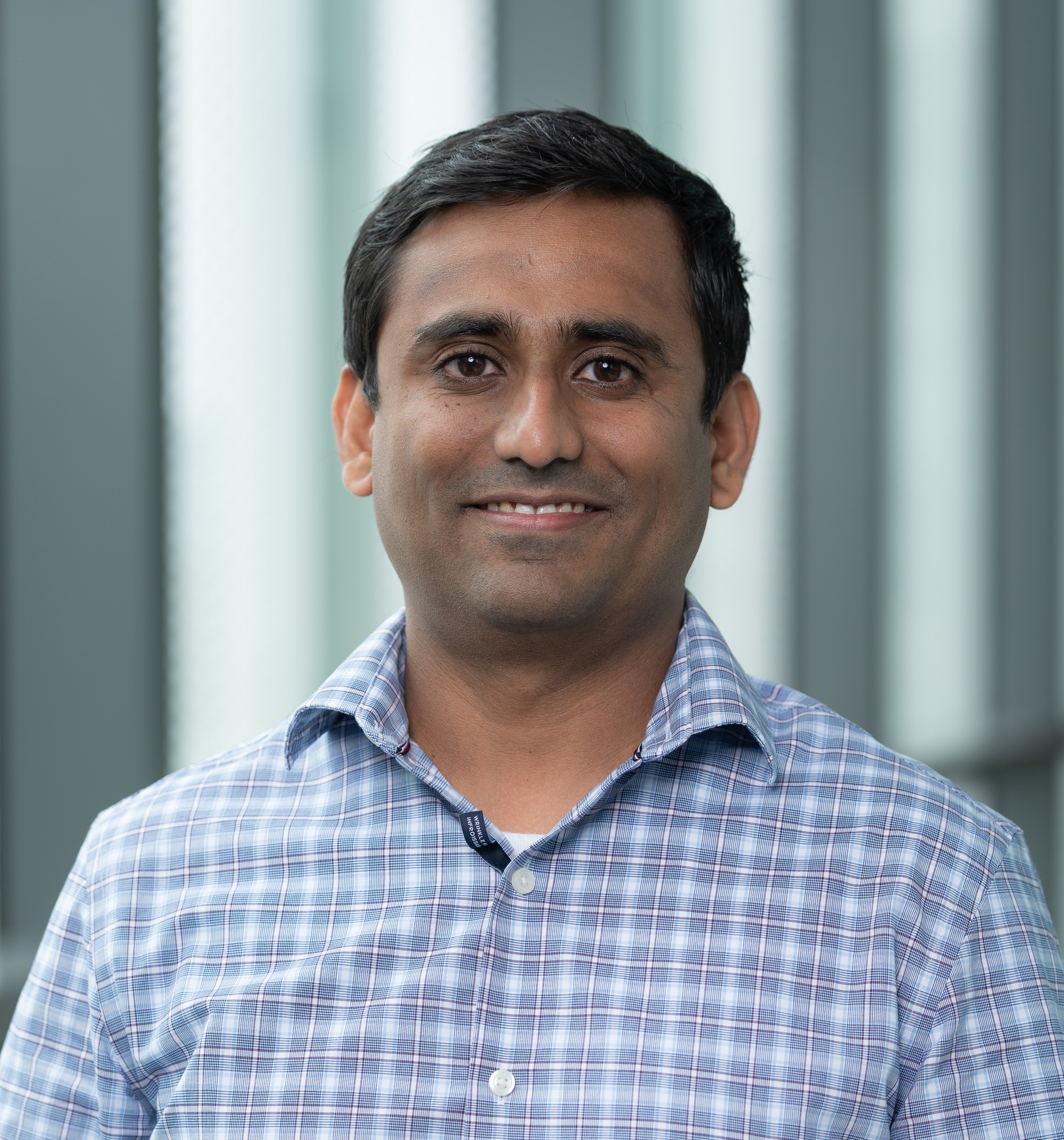
Assistant Professor, UCSD

Ph.D. Student, UCSD
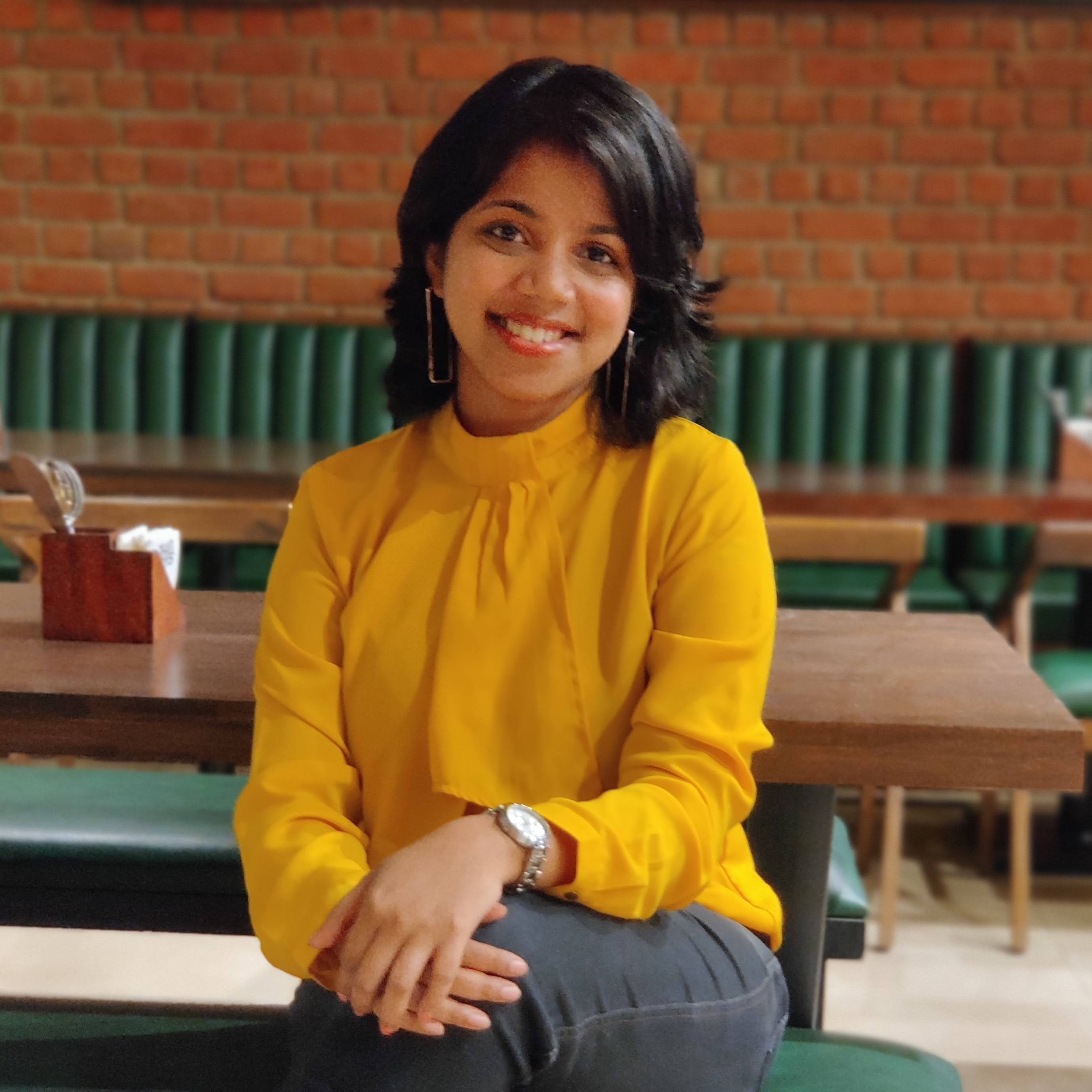
Ph.D. Student, UCSD
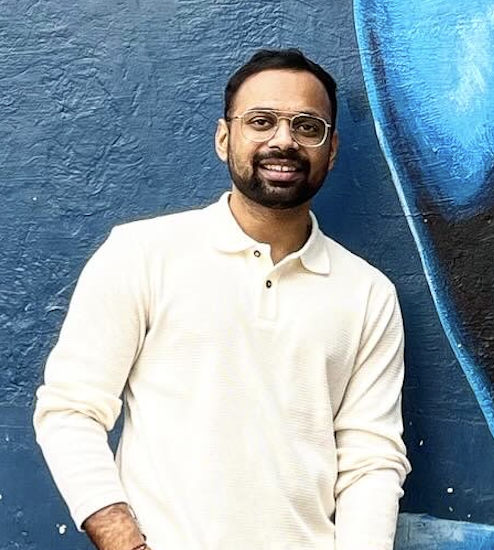
Ph.D. Student, UCSD
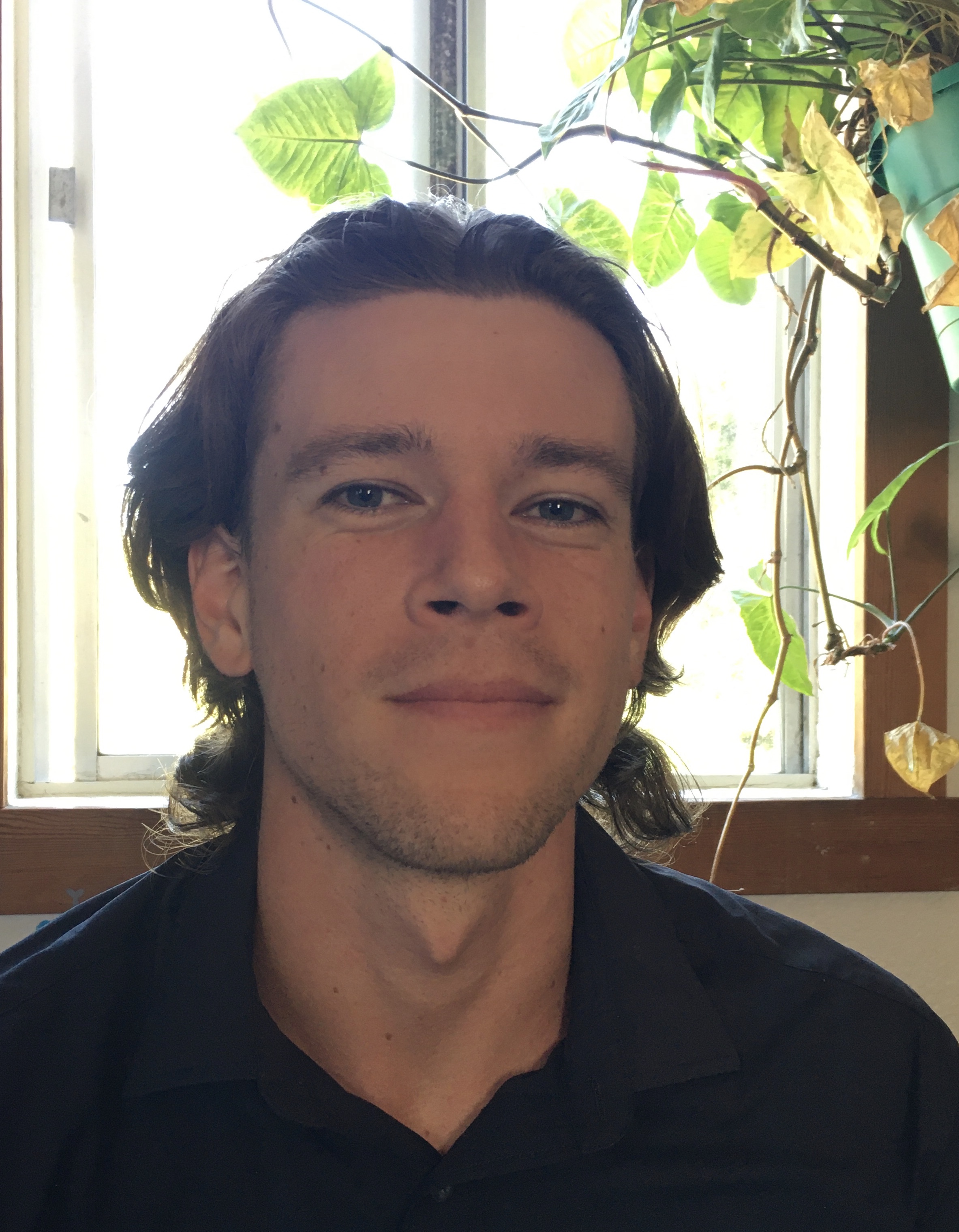
Undergraduate Student, UCSD